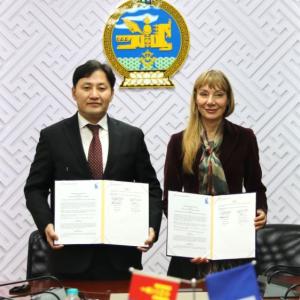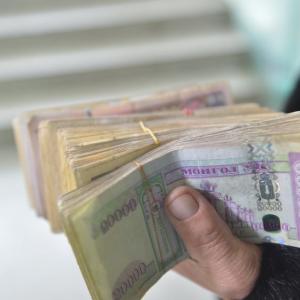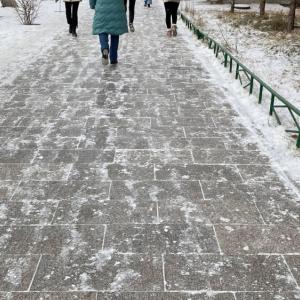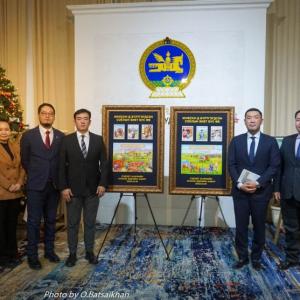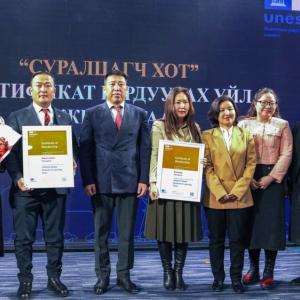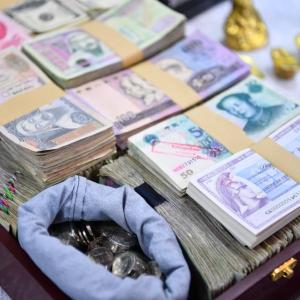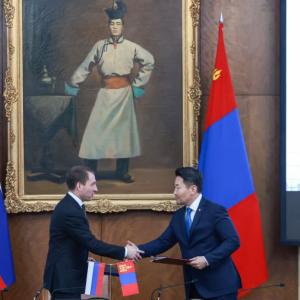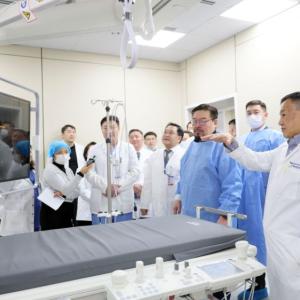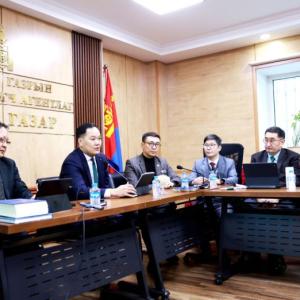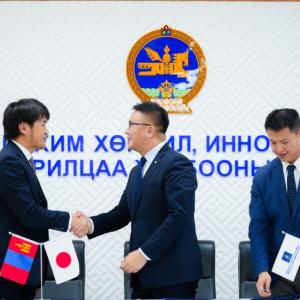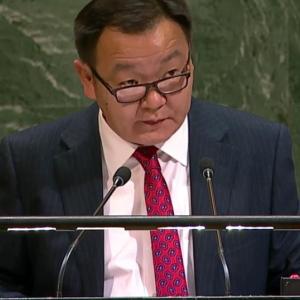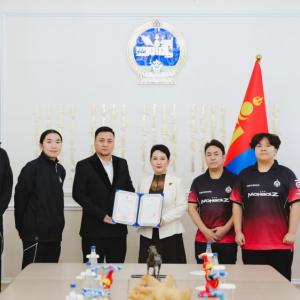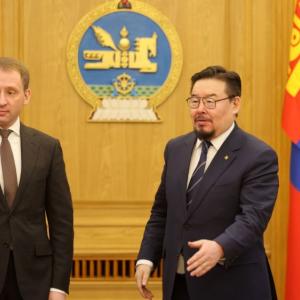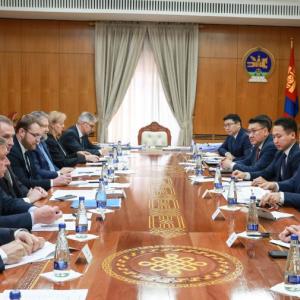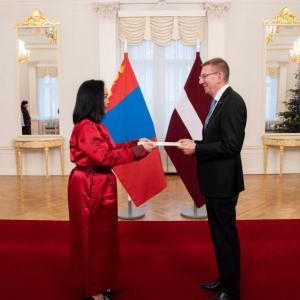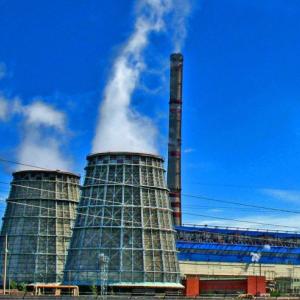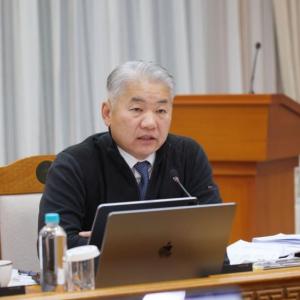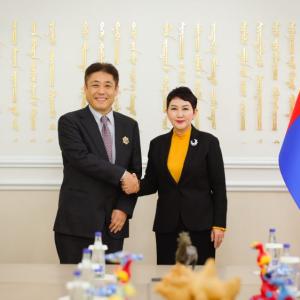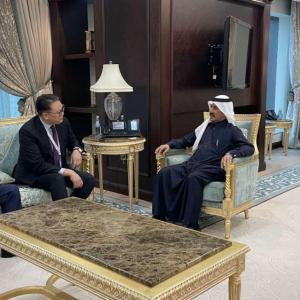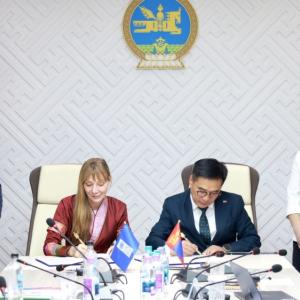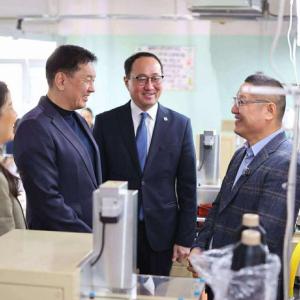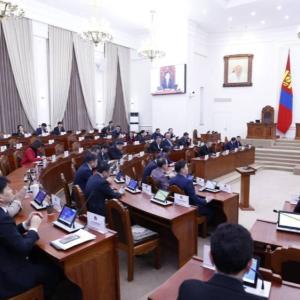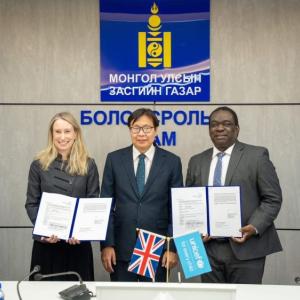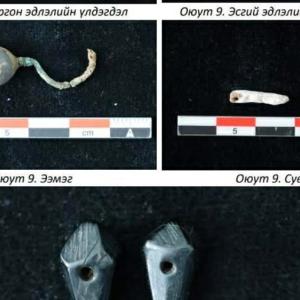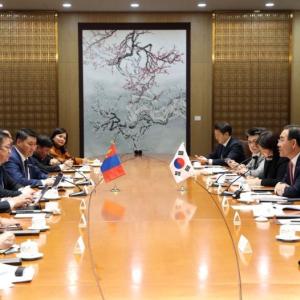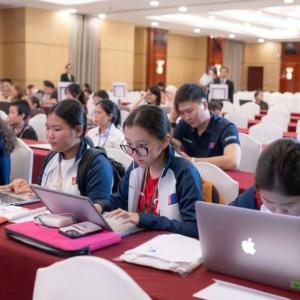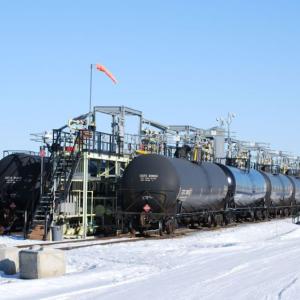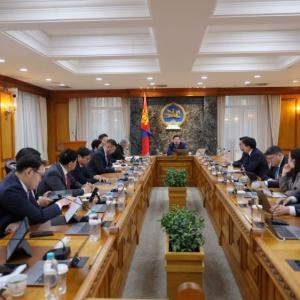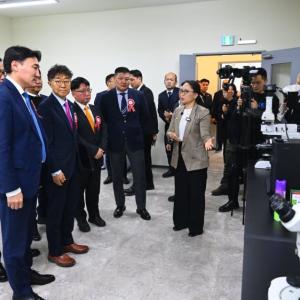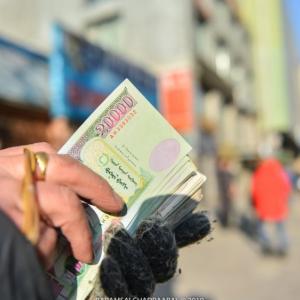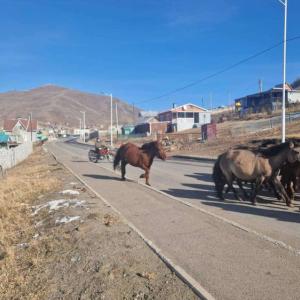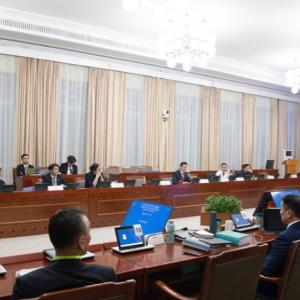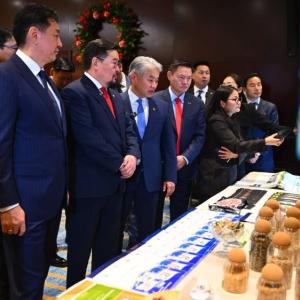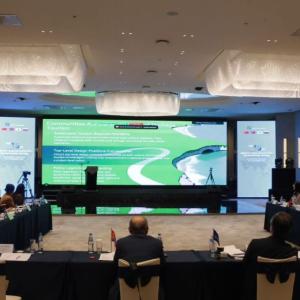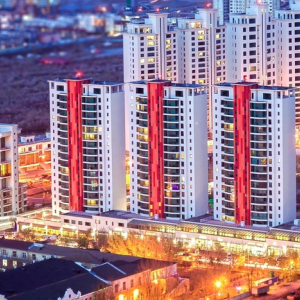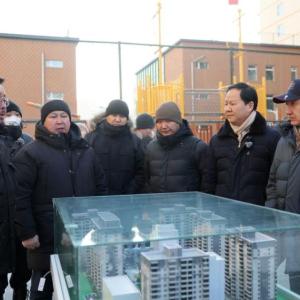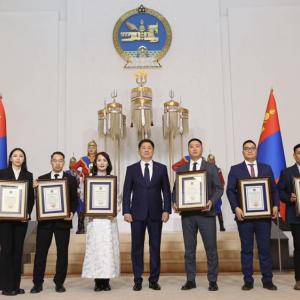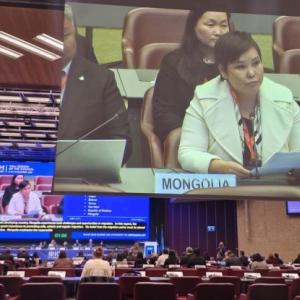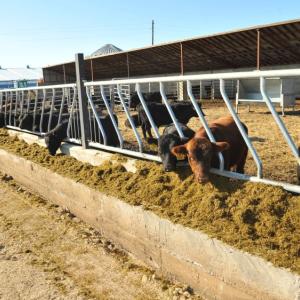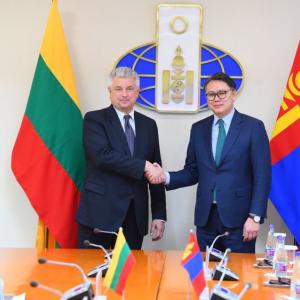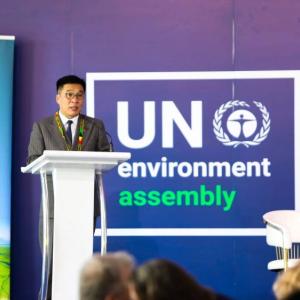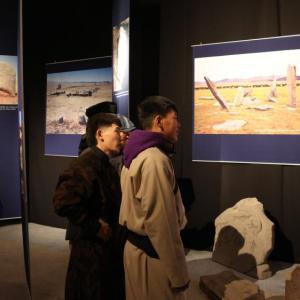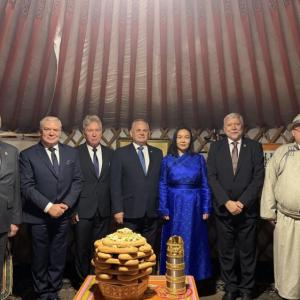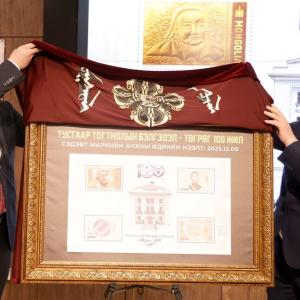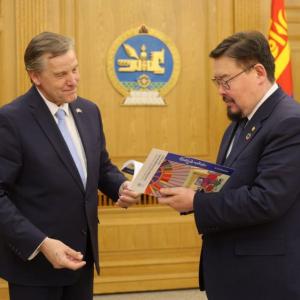“It is expected that port railway issues will be finalized at government level”
Politics
China’s State Councilor and Minister of Foreign Affairs Wang Yi is paying an official visit to Mongolia on August 7-8. In connection, Minister of Foreign Affairs B. Battsetseg gave an interview to MONTSAME News Agency about the results expected from the visit, relations and cooperation between the two countries.
-
The
visit of the Minister of Foreign Affairs of China is to be held after several
mutual visits. In this sense, the visit is expected to be highly significant
and effective for politics and economy. Could you tell us about your position?
- Mongolia and China are actively
developing Comprehensive Strategic Partnership relations in all possible fields,
and are neighbors with regularized high-level mutual visits and meetings and close
relations in terms of economic cooperation. Two countries work closely together
within the framework of the United Nations and other international organizations.
Friendly relations and mutually beneficial cooperation between the two
countries can be an example in the region. As there is no controversial issue
to be addressed between the two countries, we only have goals to run dialogues,
increasing the frequency of meetings and making coordination to achieve
tangible results.
The fact that the
Ministers of Foreign Affairs of Mongolia and China have visited mutually a
total of nine times in the last decade demonstrates the steady development of
close relations and cooperation between the two countries. Minister Wang Yi is
going to visit Mongolia for the fourth time as a Minister of Foreign Affairs.
Bilateral trade and
economic cooperation is the main topic to pay attention. During the visit, the
views will be exchanged on matters such as projects and programs to be jointly
implemented by both sides, border checkpoint operations, cargo transportation
regulation, and mutual travel of citizens.
Key outcomes expected from the visit are to find solutions to pressing issues related to the export of mining products, cross-border rail connections, transport logistics, and energy projects. During the visit, it is expected that the issue concerning border rail connection will be finalized at the government level, paving the way for elevating the cooperation in the mineral resources and energy sectors of the two countries to a new level.
As China is the main
foreign relations and trade partner of our country and an important strategic
partner, we are attaching great importance to the real outcome for further expansion
of economic cooperation between the two countries. The fact that the comprehensive
strategic partnership between Mongolia and China is actively developing, the
mutual political trust between the two sides is strengthening, and the dialogue
and talks are active at all levels is creating a favorable condition to
strengthen trade and economic cooperation.
We highly appreciate
the fact that our neighbor China shares the benefits of its development with neighboring
countries and consistently pursuits the policy of joint development. We are
ready to actively implement the agreements reached by leaders of the two
countries, ensuring the coordination of long-term strategic development
policies, and enriching the content of bilateral trade and economic cooperation
in all aspects.
We are confident
that during the visit, the two parties will exchange views and reach agreement
on certain issues such as increasing the import and export, improving the
capacity of border checkpoints, accelerating projects and programs being
implemented with concessional loans and grants, coordinating the construction
planning of Mongolia, Zamyn-Uud and Erlian economic cooperation zones, as well
as the projects to be implemented within the framework of the trilateral
economic corridor. Moreover, we hope that the visit would make a concrete
contribution to the expansion of trade and economic cooperation between the two
countries.
-
Increasing the border checkpoint capacity is very important for our country. Issues
on getting support from its southern neighbor to connect border checkpoints by
railways, and increase the capacity of the border checkpoints were often touched
upon during previous visits and meetings. Will these issues continued to be
discussed during this visit?
-During the visit, a memorandum on
the technical conditions of the border rail line will be signed within the
framework of the project to connect the Gashuunsukhait and Gantsmod border
checkpoints by railway, which is a main gateway for the export and import of
mining products of Mongolia and China. By doing so, the legal basis for
launching the construction of the border railway between the two countries will
be created, and it can be understood that the construction will be launched in
the near future. With the commissioning of the railway, it is estimated that
Mongolia's coal exports will increase by 15 million tons per year.
-
Our neighbor China is a producer country with a huge market. In particular, it
is important for Mongolians to cooperate with China on beneficial projects and
programs in order to overcome these difficult times with minimum loss, and to receive
support for increasing the export and import of food and other goods. What are
our expectations?
-China's
GDP exceeded USD 17.7 trillion in 2021, with GDP per capita equaling USD 12,500.
It is the second largest economic power in the world, accounting for 18 percent
of the world economy. At a time when the multilateral trade and economic system
face new challenges posed by the pandemic, it is important for Mongolia to
strengthen the political relations between the two countries and further enrich
the economic content. In this sense, it serves the main purpose of the visit.
In
this context, we are working to develop the Zamyn Uud –Erlian Economic
Cooperation Zone, which both countries intend to establish, as a model zone in
the region based on innovation and green development. By establishing this
zone, trade and economic cooperation between the two countries will be enriched
with a new content.
China is Mongolia’s leading trade and investment partner. In Mongolia’s total export made to 57 countries in the first half of this year, China accounted for 82.4 percent. In this sense, China alone accounts for about 90 percent of the total export of Mongolia’s mining and agricultural products. Within the frame of our policy to recover economy, we are actively developing cooperation on issues such as increasing the variety and trade output of mining and non-mining agricultural products to be supplied by Mongolia to China, improving the legal environment as well as agreeing on the relevant quarantine conditions.
This is an important measure to
be implemented within the framework of strategic documents such as the
2020-2024 Action Plan of our Government.
The Chinese side has
been gradually restoring the imports of our mining and non-mining products such
as grain, leather, wool, meat and meat products. The export and import have
been resumed. In addition, conditions have been created for Mongolia to export
rye, wheat flour, milk and dairy products to China.
By the way, with a
purpose to expand and develop the Mongolia-China economic relations and
cooperation, the two countries agreed to renew the ‘Medium-term program for the
development of trade and economic cooperation between Mongolia and China’ for
the second time according to the principle of being equal, mutually beneficial
and growing together, and are preparing to sign the related program in the near
future within the framework of the intergovernmental commission. This program
is significant of being a directive and guideline for boosting the Mongolia-China
trade and economic cooperation in the medium term or in the next 5 years.
-China is much experienced
in combating desertification and growing trees. We understand that talks are
ongoing to cooperate with China on projects to combating desertification and reducing
congestion in Ulaanbaatar. When will outcomes come out?
-The Government of
Mongolia attaches great importance to the issues on mitigating climate change, reducing
greenhouse gas emissions, fighting against ecosystem degradation, as well as reducing
traffic congestion of Ulaanbaatar city. During the Mongolian PM’s visit to
China last February, the two parties agreed to ensure active participation of
private sector and investors in the implementation of major projects related to
the development of border checkpoint, energy, industrialization, reduction of
traffic congestion in Ulaanbaatar city as well as green development within the
framework of the Mongolian government’s ‘New Revival Policy’.
As a follow-up to
the Prime Minister's visit, the Capital Governor's Office and the Ministry of
Finance are now in the process of developing the first stage Feasibility Study
and Environmental Impact Report in connection with the implementation of
Ulaanbaatar congestion reduction projects. Based on it, we will be able to
continue exchanging views on these projects with the Chinese side.
World countries including China commended the ‘One Billion Trees’ national movement, which was initiated by President of Mongolia U.Khurelsukh with a purpose to protect environment, mitigate climate change and combat desertification and yellow dust storms. In this direction, we have agreed with Chinese side to work together to protect ecology and environment, strengthen cooperation in fighting against desertification, combat global climate change, create a clean and beautiful nature and environment as well as build the unified living presence of human being and mother nature.
During
this visit, we aim to exchange views on the implementation of projects and
programs in this area and make real progress.
-Our two countries, of
course, pursue a policy of developing and strengthening bilateral cooperation
in all sectors. There is a need to have mutual understanding and cooperate with
our southern neighbor in many fields of economy and business. Particularly, will
the sides discuss and agree on something specific about the Erdeneburen
Hydropower Plant during this visit?
- The Government of Mongolia is working to strengthen
development cooperation with the Government of China in all ways according to the spirit of deepening bilateral trade and economic relations and adhering
to mutual benefit and win-win
strategy.
We aim to
create sustainable economic development and benefit the people of both
countries by way of synergizing the Mongolia’s ‘Vision-2050’ long-term
development policy and ‘New Revival Policy’ with China’s ‘Global Development
Initiative’ and ‘Steppe Road’ Program with the Belt and Road Initiative, expanding
cooperation in trade, investment, minerals, energy, infrastructure, and green
development and implementing major projects and program. Thus, we are working
to expand cooperation in this area, increasing mutual understanding and
supporting each other.
Since China proposed
the ‘Belt and Road’ initiative, the amount of grants to be given to Mongolia
has increased and efficient projects towards the improvement of livelihoods and
local socioeconomic development such as Development Center for Children with
Disabilities have been implemented.
As of today, projects that cover many sectors are being implemented in Mongolia with grants, such as housing redevelopment, port infrastructure and the technical assistance for Gobi bear conservation.
The ‘Erdeneburen Hydropower Plant’ and ‘Baganuur Power Plant’ projects to be implemented with the soft loan of the Chinese government are one of the benchmark projects for cooperation in the mineral resources and energy sectors of the two countries, and one of the important projects to be implemented within the framework of the Mongolian Government's ‘New Revival Policy’. In this sense, the Government of Mongolia is paying special attention to implement this project as soon as possible, and contribute to the social and economic development of Mongolia.
Certain views will be exchanged on the issue of speeding up the
implementation of this project. There are also matters that need to be resolved
internally, such as land acquisition on the Mongolian side.
-
The foreign ministers of the two countries have been holding several meetings
and visits in order to maintain active friendly relations during the pandemic
and other difficult situations. It is expected that the results of these
meetings will not only solve today's problems, but also affect the future
political and economic situation. What is your position on this?
- In the last few
years, the whole world has faced the great challenge of the pandemic, and there
is an aspect where cooperation between countries has weakened. In the case of
Mongolia and China, not only the Ministers of Foreign Affairs but also the top
state officials have been in constant communication. Mutual visits of foreign
ministers did not stop even during the pandemic situation. This shows how
active and friendly our relationship is. A communication mechanism was
established between the foreign ministries of the two countries during the
pandemic, and they supported each other in difficult times.
Through the
negotiations and meetings organized within the framework of the visit, the
relations and cooperation between the two sides will be comprehensively
discussed in three dimensions, past, present and future, and evaluations will
be given. I am confident that we will be able to exchange opinions and reach a
common understanding on long-term sustainable continuation in a beneficial
manner.
-
Let's return to the conversation about the border checkpoints. Our country
ranks last among the countries in the world in terms of border checkpoint
capacity. That's why the government is setting a goal to restore their
activities, and is giving importance to removing the obstacles in transport and
logistics and increasing the capacity. At a time when our southern neighbor has
strict infection control regimes and bans even internally, our side is holding
talks about opening the border freely. What are the main challenges?
Ensuring the normal operation of the border checkpoints is a priority issue for
Mongolia. During the
difficult situation of the pandemic, our two countries held negotiations
and discussions on issues such as increasing the volume of export and
import, ensuring the normal operation of the border checkpoints, gradually
opening the border checkpoints
that are closed due to the pandemic, and agreed to cooperate more closely and support each other. The
development of infrastructure and transportation and quarantine standards in
the border regions of Mongolia and China are different. As part of the 'Zero Covid' policy implemented by the Chinese government, the safety requirements and standards
became more strict and affecting the time and cost of border crossings. Also,
there is a risk that new confirmed cases of COVID-19 in China, especially in its border regions, will
negatively affect the trade and transport activities of the two countries.
As a result of the joint efforts by the two sides, the operation of border checkpoints of Mongolia and China has been gradually restored, and currently 7 are operating normally. In the future, we are working to re-open Bichigt and Burgastai border checkpoints.
The transport sector
occupies an important place and effect in trade and economic cooperation
between the two countries. In the difficult situation of the pandemic, a need
was emerged for our two Ministries of Foreign Affairs to be more involved in
ensuring that the import of strategically important goods, such as medicines,
medical equipment, and food, is not interrupted in Mongolia. Compared to other
countries, China is more considerate of our side's interests in the context of
fighting the ongoing pandemic, and pays great attention to ensuring the normal
operation of the border checkpoints, not disrupting trade, and increasing it
steadily. We organized the normal continuation of the import of our
strategically necessary goods such as tools and materials for large-scale
construction projects, and delivered the order information of more than 10,000
wagons and worked effectively.
Also, from January 11, 2022, "zero point" container exchange measures were implemented at Zamyn-Uud and Erlian road ports, and as of the first half of this year, more than 200,000 consumer goods were imported in a total of more than 10,000 containers. In order to improve the measures to prevent and control the pandemic, to increase the trade between the two countries, to improve the capacity of the ports, and to reduce the obstacles and problems arising in the field of transport and logistics, the expansion of the container transport area in the port has been started from both sides. Also, we are working to introduce new advanced technology without human intervention, organize interstate cargo transportation with driverless vehicles, and create conditions for the transportation of mining products with automated container vehicles at the border checkpoints of Gashuunsukhait-Gantsmod and Shiveehuren-Sekhee. The measures implemented by both sides are coordinated with the long-term and medium-term development policies of both countries, such as our New Revival Policy, and play an important role in realizing the economic recovery goals such as increasing the circulation of goods and reducing transportation costs.
Also, the proposal
to solve the problem of urgently bringing the containers piled up in Tianjin
port and to use other possible sea ports was raised during a phone conversation
with Minister Wang Yi in April. As a result, container transportation has
started in Lianyungang-Ulaanbaatar route and more than 3000 of the 4000
containers that were piled up in Tianjin port have been brought to Mongolia.
- One of the most important aspects related to the results of this visit is undoubtedly the issue of coal export. The restoration of our ports will be linked to the export of coal, the mainstay of our economy. The Minister of Foreign Affairs of China also said that he attaches importance to this issue in his phone conversation with you. Are expecting substantial results in this regard?
Mining products constitute the main part of trade between the two countries, and at the same time, they constitute more than 20 percent of our country's budget income. In this sense, it is important to increase the export of mining products. Coal export plays a major role in this.
During the visit of Mongolian Prime Minister L.Oyun-Erdene to China in February of this year, the two sides agreed to support the enterprises of the two countries to develop long-term stable cooperation to increase the trade of other mining products such as coal in accordance with market principles and trade rules and regulations. Following the PM’s visit, as a result of the joint efforts of the two sides, the operations of the ports are gradually returning to normal day-to-day operations, and the export volume of coal and other mining products is increasing. As of the first 6 months of this year, China accounted for more than 87 percent of the total coal exports, reaching a total of 7.1 million tons. Also, 100 percent of iron ore and copper concentrate were exported to China.
We are following a
policy of mutually beneficial and long-term sustainable development of
cooperation in the mining industry with China. In this context, the two
countries will actively cooperate to strengthen the trade of mining products,
as well as to diversify and increase the range of trade.
 Ulaanbaatar
Ulaanbaatar






